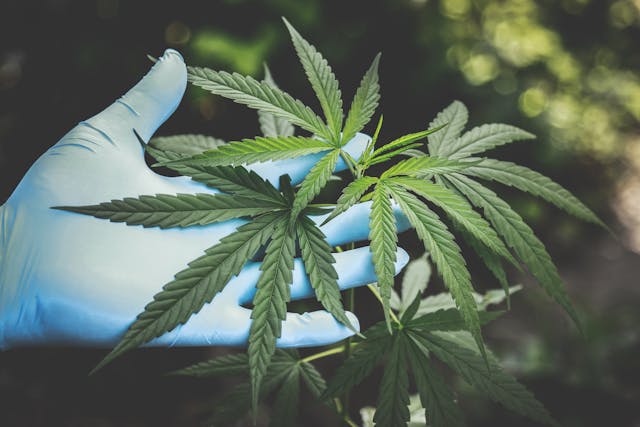States are continuing to press efforts to crack down on intoxicating hemp products in the USA, ramping up legislative efforts even as the delayed 2023 Farm Bill looms as a potential federal solution. Texas, Mississippi, Wisconsin, Alabama, and South Carolina all advanced measures this month to restrict or ban hemp-derived THC, citing public health risks and regulatory gaps left by the 2018 Farm Bill.
With concerns mounting over unregulated potency and purity, and accessibility to minors, state lawmakers are moving swiftly to plug a loophole in federal legislation – setting the stage for a nationwide showdown over the controversial substances.
In Texas, legislation backed by Lt. Gov. Dan Patrick has been filed in the State Senate that would ban all consumable hemp products containing any form of THC.
Under the bill, filed by Republican state Sen. Charles Perry, Lubbock, hemp license holders could process only non-intoxicating CBD or CBG, and would not be allowed to manufacture consumable hemp products containing any containing delta-8 or delta-9 THC – controversial synthetic substances that are made from non-psychoactive hemp flowers in the lab.
Patrick said he aims to correct regulatory confusion that has allowed the sale of high-potency intoxicating hemp products in convenience stores, smoke shops and other retail outlets. The products, often marketed as legal under the 2018 Farm Bill, have raised significant health concerns due to their accessibility to minors. Critics argue that the lack of stringent testing and labeling standards exacerbates public health risks, with some products containing THC levels far exceeding what is advertised.
Texas Agriculture Commissioner Sid Miller has highlighted the challenges in regulating the illicit products, citing insufficient funding for proper oversight.
Read what each state is doing at Hemp Today

